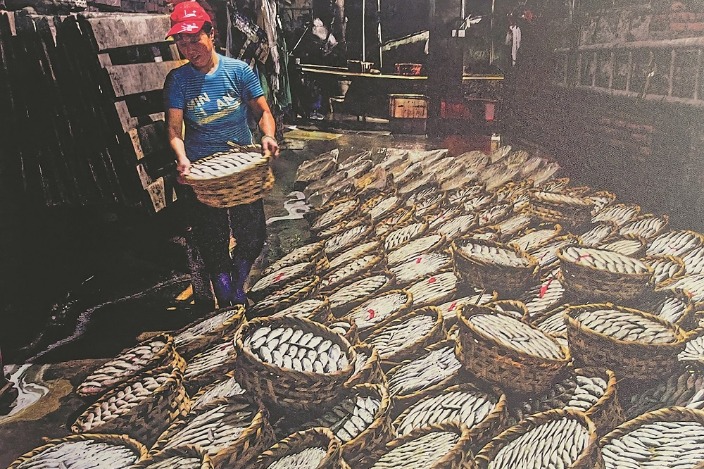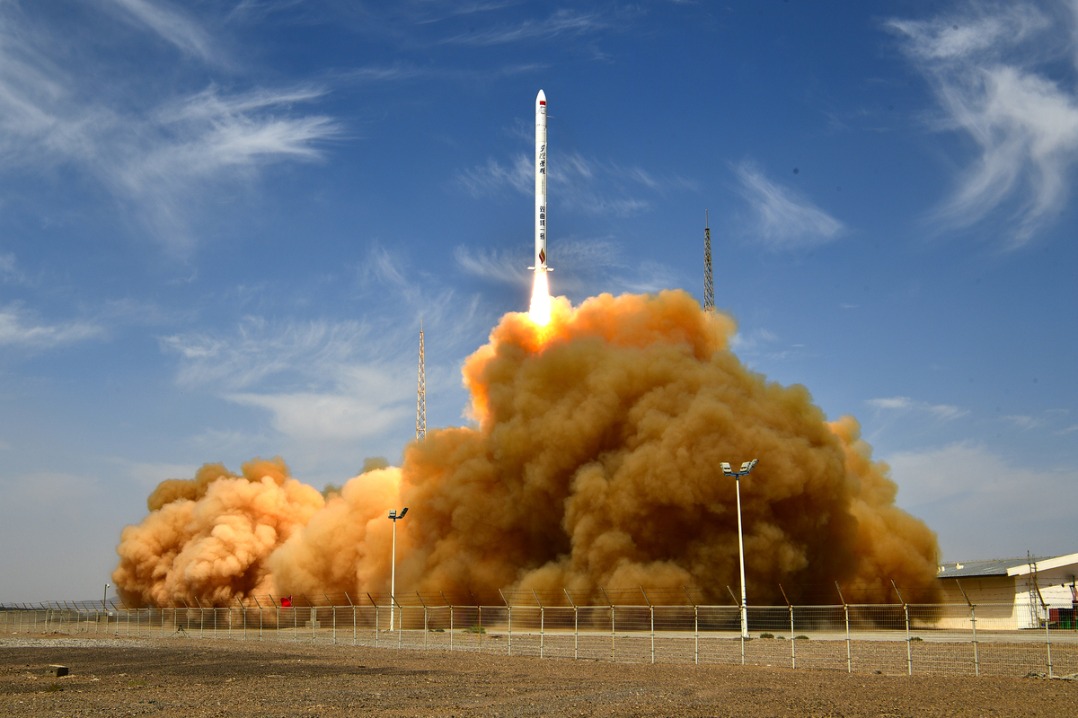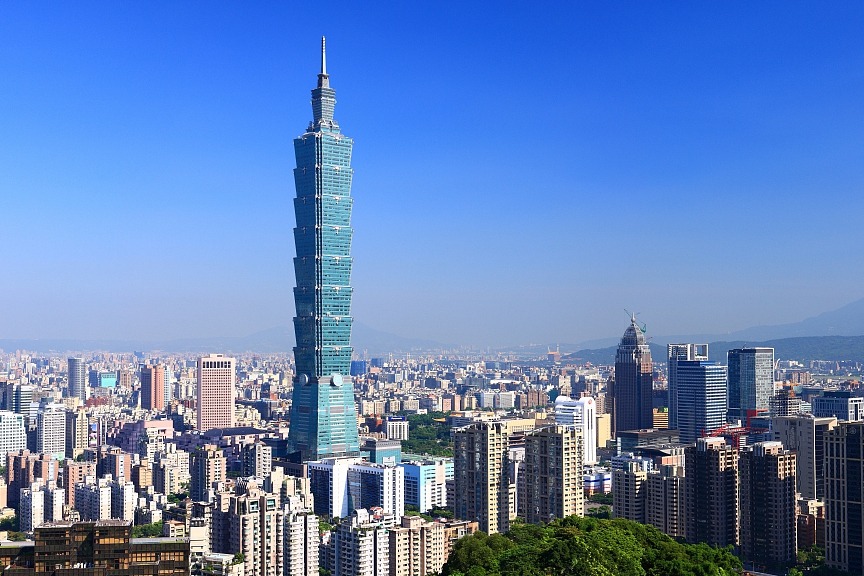Year of the Dragon


Editor's note: Spring Festival is the most important festival in China. It is also celebrated by Chinese communities around the world. Based on the Chinese zodiac, 2024 is a Year of the Dragon. The Chinese dragons symbolize strength, energy and vitality. Four experts share their views on the dragons and the Chinese New Year with China Daily.
'Long' live the dragon of change
By Berlin Fang
In a late-night show with Conan O'Brien, Nicolas Cage said he thought he was born in the Year of the Dragon. Therefore, he had a dragon tattooed on himself. Later, he discovered that, according to the lunar calendar, he was born in the Year of the Rabbit. The dragon-turned-rabbit had an identity crisis.
The coming Lunar New Year is the Year of the Dragon. This time, Nicholas Cage is not having an identity crisis. The dragon is.
Many Chinese people worldwide, especially those fluent in English, advocate calling the Chinese dragon "long", which is a transliteration of the Chinese character Long and phonetically more appropriate — the pinyin is "long", though. This distinction is not entirely unreasonable, since the dragon in English and the long in pinyin in Chinese are two different mythical creatures.
According to the website loong.ca, the Chinese "long" has "the head of a camel or horse, the horns of a deer, the eyes of a rabbit, the ears of a cow, the neck and body of a snake, the belly of a kind of huge clam, the scales of a carp, the claws of a hawk, the palm of a tiger, and without wings". If such an image is too complex, the main thing to remember is that the Chinese dragon is a sea creature while the Western dragon seems to be a land animal, living in castles or dungeons.
Indeed, in medieval Western art and literature, dragons were often associated with evil and chaos. They were sometimes portrayed as adversaries that needed to be vanquished by the virtuous. The Chinese dragon, on the other hand, was seen as a benevolent character because it, for instance, was a harbinger of rain, bringing water to end drought. There were dragon king temples in many places in China where people would plead for relief from either droughts or floods.
I am not yet ready to join the "long" line to rebrand the dragon. This coinage is mostly a belated correction of an earlier translation error: Whoever translated the "dragon" into "long" should have used another word in Chinese, for instance, jiao or jiao long, if the idea was to distinguish between the Western and Chinese dragons. It is a little late now to change the Chinese character long to "loong" to avoid the negative connotations of the word "dragon". The connotations of the dragon have changed. So has the audience that is trying to make sense of the nuances of these connotations.
The word "dragon" does not always have a negative connotation. There is some duality to the character of the dragon, just as there is some duality to each one of us. In English literature and mythos, the dragon can symbolize formidable power and strength. It also guards and protects treasures from thieves and bandits. It is alert, attentive, and dutiful.
In recent years, in popular culture, movies such as Mulan have injected some cuteness into the image of the dragon. In the film, Mushu the Dragon is Mulan's closest companion, a merry and cheeky little fellow voiced by Eddie Murphy. And remember, if Nicholas Cage did not love the image of the dragon, he would not have been so devastated to discover that he was born in the Year of the Rabbit.
In the English language, the dragon is also associated with a hero's journey. Knights or heroes went on epic adventures to slay the dragon to prove their bravery and worthiness. In Chinese culture, the dragon itself is on a mission and it acts on its own in situations that call for different kinds of action: When there is a flood, the dragon sucks up the water. When "the droghte of March hath perced to the roote," one would plead to the dragon to bathe every vein and every flower, as Chaucer said in his Canterbury Tales.
In certain myths, dragons have the ability to change form, which may symbolize rebirth or the cyclical nature of life.
But the dragon that impresses me the most is the dragon in the I Ching, also known as the Book of Changes, an ancient Chinese divination text. The dragon in this book is in a constant state of transformation, growth, or even rebirth.
At the beginning of the book, the author talks about humanity in terms of the dragon. In the first stage, the dragon is "hidden" and advised not to act. In the second, the dragon appears out in the open, symbolizing that a nobleman is coming to the scene. In the third, it is busy in the day and beset with worries at night. In the fourth, it flies over the abyss. In the fifth, it flies to heaven. In the sixth stage, the dragon becomes arrogant doing things it will eventually regret. In the final stage, a group of dragons is flying without a lead dragon.
To me, it is a great depiction of our lives, as we journey through anonymity, initiation, growth, persistence, accomplishment, and then to arrogance and fall (regrettable consequences), until we learn to play as a member of a team of fellow dragons.
I don't know how many of you readers were born in the Year of the Dragon or the Year of the Rabbit, but aren't we all like the dragon of I Ching? We want to be discovered, recognized and praised. To that end, we work hard and take great risks. One day, we make our mark like the dragon flying freely in the heaven. Hence, we should beware of pride, for it always leads to a fall. We learn, and hopefully, in the end, we fly like a dragon in the league of dragons without a lead dragon.
Happy New Year of the Dragon!
The author is a translator and columnist based in Texas.
The views don't necessarily represent those of China Daily.


































